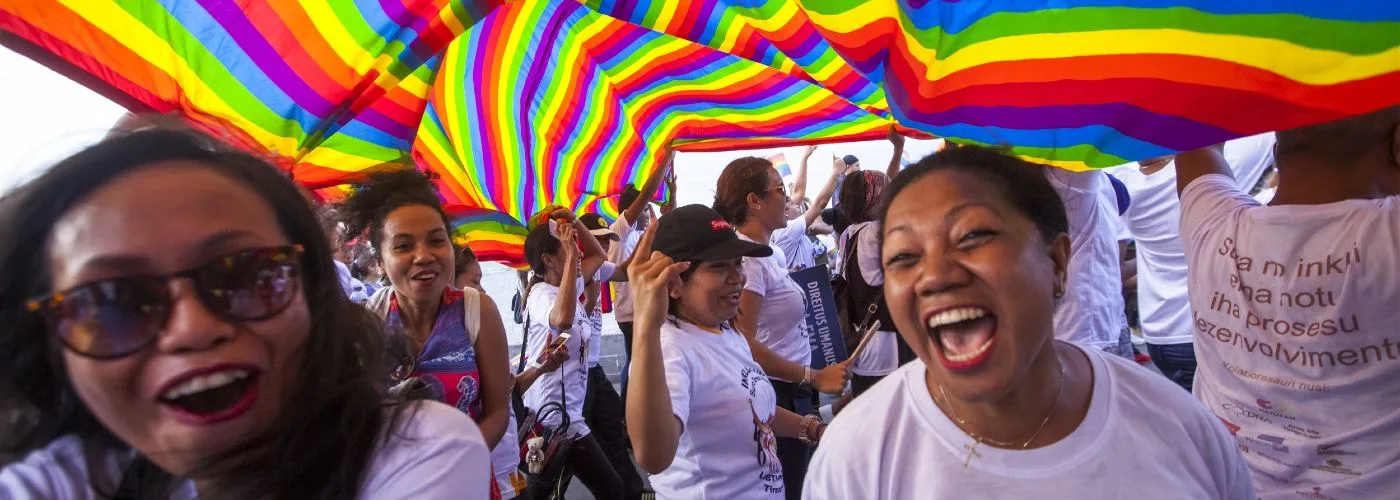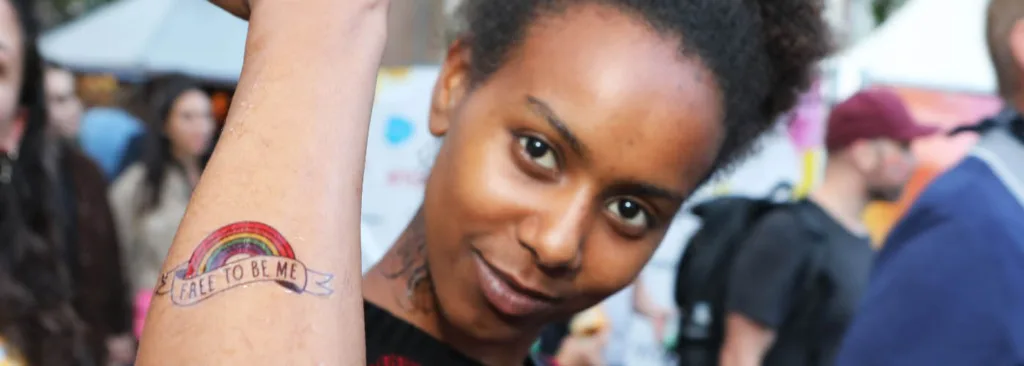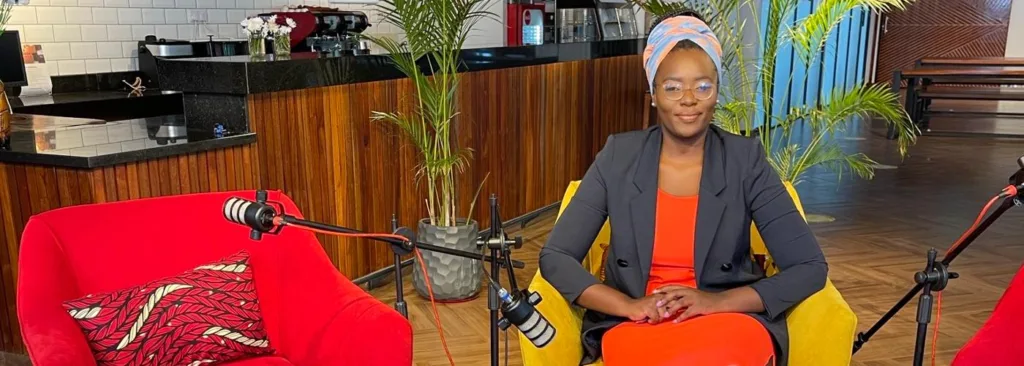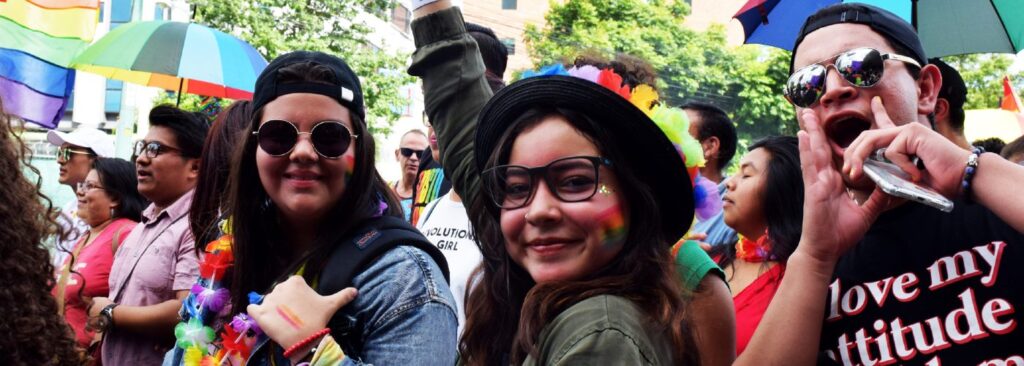In the fight for an inclusive society, misinformation and ignorance are powerful weapons in the hands of intolerant forces. Widespread negative stereotypes about LGBTIQ+ people normalize discrimination, and even justify violence. Hivos has several programs that tackle this, among them Free to be Me. Besides supporting LGBTIQ+ people and organizations directly, the program also works with journalists who want to publish balanced articles about the LGBTIQ+ community and help members tell their own stories.
The role of journalism
In many places in the world, LGBTIQ+ people are seen as threatening, sinful or scapegoats. Also in the media. Editors and journalists – sometimes consciously – play on the misconceptions and prejudices of their readers with stories that stir up hatred.
Yet there are also journalists who play an important positive role. They know the situation in their country and what LGBTIQ+ people have to deal with. We support them so their stories can reach and influence a wider audience.
Refreshingly different
Together with the Thomson Reuters Foundation, and a large network of trainers and journalists, we’re helping local journalists tell refreshingly different stories.
Some articles provide factual analyses of the legal position of the community. For example, in LGBTQ+ rights in Asia: Progress and setbacks in 2023, the journalist looks at same-sex marriage in Asian countries. Another article shows how, following Uganda’s example, anti-gay laws are also being prepared in Kenya and Ghana.
And in this one we learn that Namibia’s High Court may be close to a landmark ruling that would decriminalize same sex sexual relations.
🏳️🌈 Namibia could soon become the latest African country to decriminalise same-sex sexual relations.
🇳🇦 The country’s High Court is expected to deliver a judgment on the colonial-era sodomy law in May.
🧐 Here’s what you need to know: https://t.co/h9Gr9JrmPX pic.twitter.com/92gKRYheWj
— Openly 🏳️🌈 (@Openly) January 30, 2024
Daily life
Other stories draw attention to the experiences of the LGBTIQ+ community. Around Christmas, a Nigerian journalist wanted to know why so many LGBTIQ+ Nigerians are afraid of the holidays. For example, 25-year-old Cleo says in the article that she pretends to be straight to avoid painful situations with her family.
Our plans
The project is in full swing. In a few months we expect journalists will have written more than 200 stories! The stories are published in local media and on Openly, an initiative of the Thomas Reuters Foundation. Openly’s slogan is “Impartial LGBT+ news for a world that isn’t.”
We also train journalists in creating balanced stories and we monitor the effect of their stories: how many people read them? Do they reach the right target group? Is there a positive response to the stories?
In a few months we will share the results of this important project on our website.




